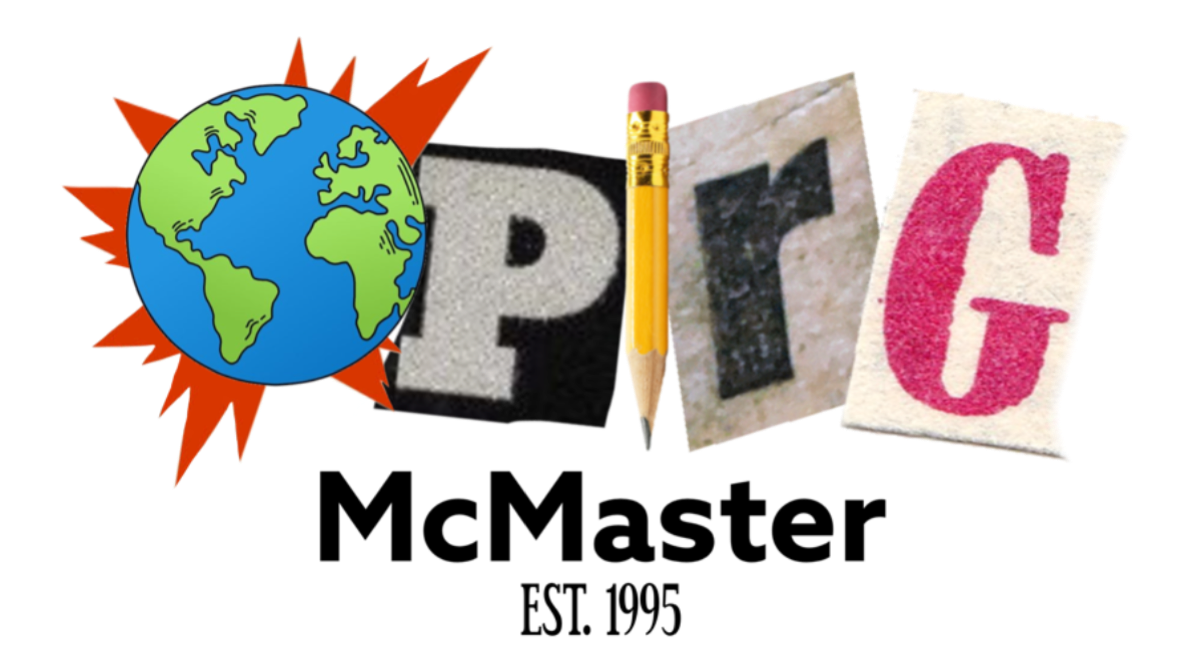Worthy of Our Better Selves
Written by Mike Nickerson
Deep in debt, caught in jobs we don’t like, many find it hard to imagine finding the time and freedom to create a different society. A precedent, however, comes from ancient Greece. In the 6th century BC, Greek society was on the verge of disintegration. Solon, an appointed official, decreed that all debts were to be cancelled. The result was that, instead of people working in bondage to creditors, they explored the possibilities of architecture, astronomy, mathematics, literature, philosophy, art and other frontiers of human potential. Some recognize this liberated creativity as the foundation of the Western World.
It can happen again!
Civilizations rise and fall. They rise on unifying visions, sometimes inspired and sometimes imposed. What is consistent is that the population works on various parts of a process that provides food, shelter, artifacts and an organizational structure to make sure that those things continue to be available. Civilizations fall as local resources are exhausted and/or the population grows resentful at growing inequality.
Our civilization emerged from the Middle Ages as tradesmen and artisans engaged in local trade. It has grown for centuries to where vast, powerful global corporations dominate the Earth. With the communication revolution the winners of the Global Monopoly Game have access to the cheapest labour and lowest environmental standards. Local enterprise is hard pressed to compete. Enormous volumes of goods, including single use and short lived products, require billions of tons of minerals and living things to be taken from the Earth, processed, sold and thrown away.
This established order is losing its appeal. Resentment is growing about the rapid rise of the 1% while the 99% experience dwindling fortunes, and an exponentially expanding system that endangers planetary health. Donald Trump, Doug Ford, Brexit, the Yellow Vests and more, signal a longing for change. What do we need to become?
We humans are truly remarkable. We are capable of creating a civilization that serves everyone while preserving the health of our only planet. We have thumbs, memory and compassion; we learn, remember, invent, create and build, individually and in groups. With our knowledge we can make products to be durable rather than to go obsolete. Our communications technology could encourage people to appreciate familiar and durable goods, rather than to throw things away and buy new. Most promising, our capacities for learning, love and laughter, for friendship, art, music, dance, sport, service and appreciation enable us to provide ourselves with lifetimes of inspiration and true satisfaction, while minimizing resource exploitation and waste.
Life – our physical bodies and the consciousness that we carry – is composed mostly from gases that float freely in the atmosphere, almost everywhere on Earth. The denser materials needed to thrive can be cycled endlessly in local soils, as they have throughout the ages.*
We can build buildings that need almost no energy to heat or cool. Education consists of knowledge and good will, both of which are available in any quantity we wish. Health care, on the preventative level, is also primarily knowledge and good will. We could have a well-fed, comfortably housed, educated, healthy population on a small portion of the natural resources and waste of the present system.
We built the world we have. We can recreate it. Imagine a civilization truly worthy of our better human nature, a world that is fair enough that people will cooperate and enlightened enough to maintain the health of the planet we depend on. As this awareness spreads, we are ready. Each one of us can spend time learning more about the challenge – and acting. Find a group already engaged, or start something yourself. Help put pieces of the new order in place. This is how civilizations rise.
Mike Nickerson co-founded the Institute for the Study of Cultural Evolution in 1972. He can be reached at: sustain5@web.ca
* More information on this can be found in videos #4 and #5 at Sustainwellbeing.org
As well, this article draws on the following resources:

